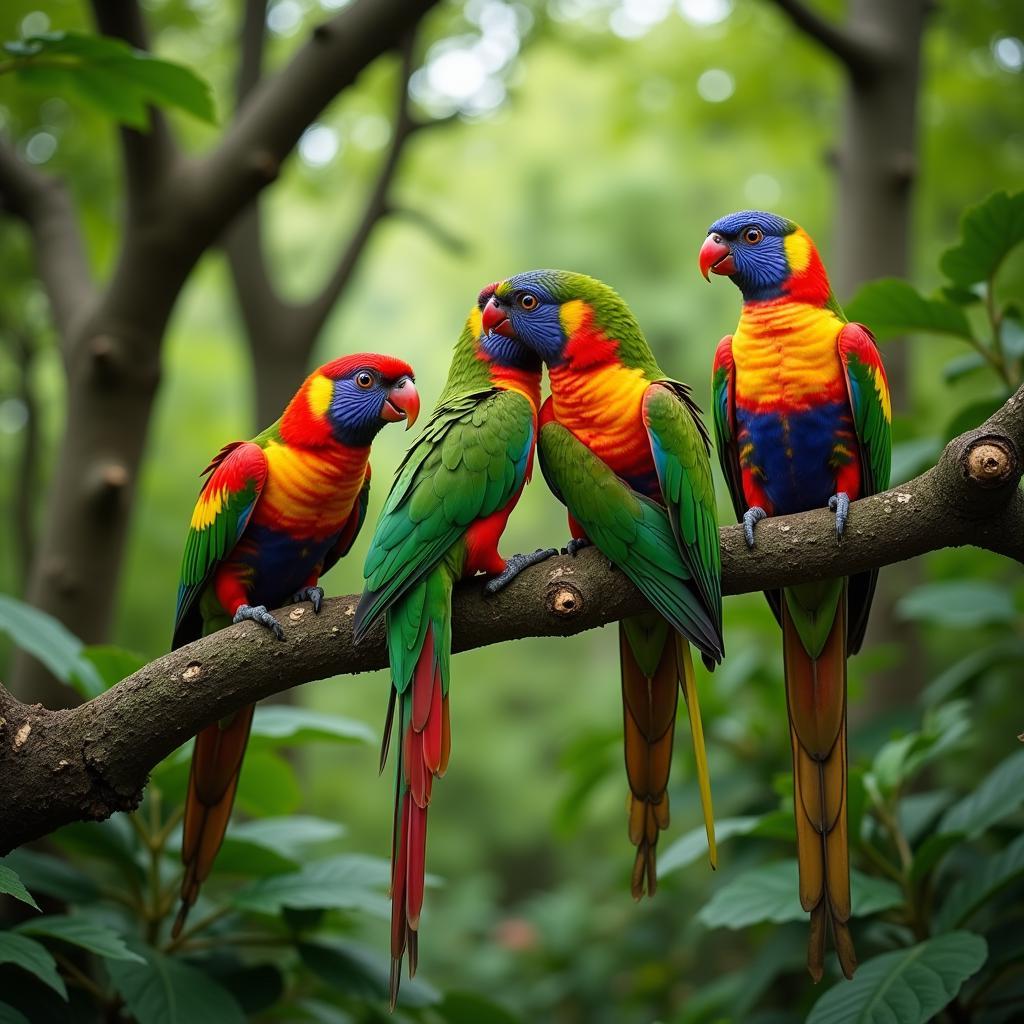The Ultimate Guide to African Birds
Africa is a paradise for bird lovers, boasting an astounding diversity of avian species. From the iconic crowned crane to the vibrantly colored African fish eagle, the continent is home to over 2,300 different bird species, representing around 20% of the world’s total. Whether you’re a seasoned ornithologist or a casual birdwatcher, a journey through Africa promises unforgettable encounters with these feathered wonders.
Why Use an African Birds Guide?
Navigating the immense variety of African birds can be challenging, especially for first-time visitors. That’s where a comprehensive African Birds Guide becomes indispensable. These guides offer:
- Accurate Identification: Detailed descriptions and illustrations help differentiate between similar-looking species.
- Distribution Maps: Understand where to find specific birds across different regions and habitats.
- Behavioral Insights: Learn about bird calls, feeding habits, nesting patterns, and other fascinating traits.
- Conservation Status: Become aware of endangered or threatened species and contribute to their protection.
Choosing the Right African Birds Guide
With numerous African bird guides available, selecting the most suitable one depends on your individual needs:
- Field Guides: Compact and portable, ideal for carrying during birdwatching trips. Look for guides with clear illustrations, concise descriptions, and distribution maps specific to your travel region.
- Photographic Guides: Offer realistic depictions of birds in their natural environment. This can be particularly helpful for identifying birds with subtle plumage variations.
- Digital Guides: Apps and online resources provide interactive maps, audio recordings of bird calls, and advanced search filters for efficient identification.
 Variety of African Bird Species in Forest
Variety of African Bird Species in Forest
Tips for Effective Birdwatching in Africa
- Time Your Trip: Research the best time of year to spot specific species, considering migration patterns and breeding seasons.
- Explore Diverse Habitats: From savannas and forests to wetlands and mountains, each habitat attracts unique bird communities.
- Use Binoculars: Essential for observing birds from a distance without disturbing them.
- Listen Attentively: Bird calls can be crucial for identification, especially in dense vegetation.
- Practice Patience: Birdwatching is about observation and appreciating the natural world, so be patient and enjoy the experience.
Ethical Birdwatching: Respecting Our Feathered Friends
While observing birds in their natural habitat is a privilege, it’s crucial to do so ethically:
- Keep a Safe Distance: Avoid approaching nests or disturbing birds, especially during breeding season.
- Minimize Noise Pollution: Loud noises can frighten birds and disrupt their behavior.
- Support Conservation Efforts: Choose tour operators and lodges committed to sustainable practices and bird conservation.
Beyond the Guide: Experiencing the Magic of African Birds
An African birds guide provides a valuable starting point, but the true magic lies in venturing out and experiencing these remarkable creatures firsthand. Embrace the thrill of spotting a rare species, the beauty of a bird in flight, and the symphony of calls that fill the African air. Remember, every birdwatching adventure contributes to a deeper appreciation for the natural world and the importance of its preservation.

